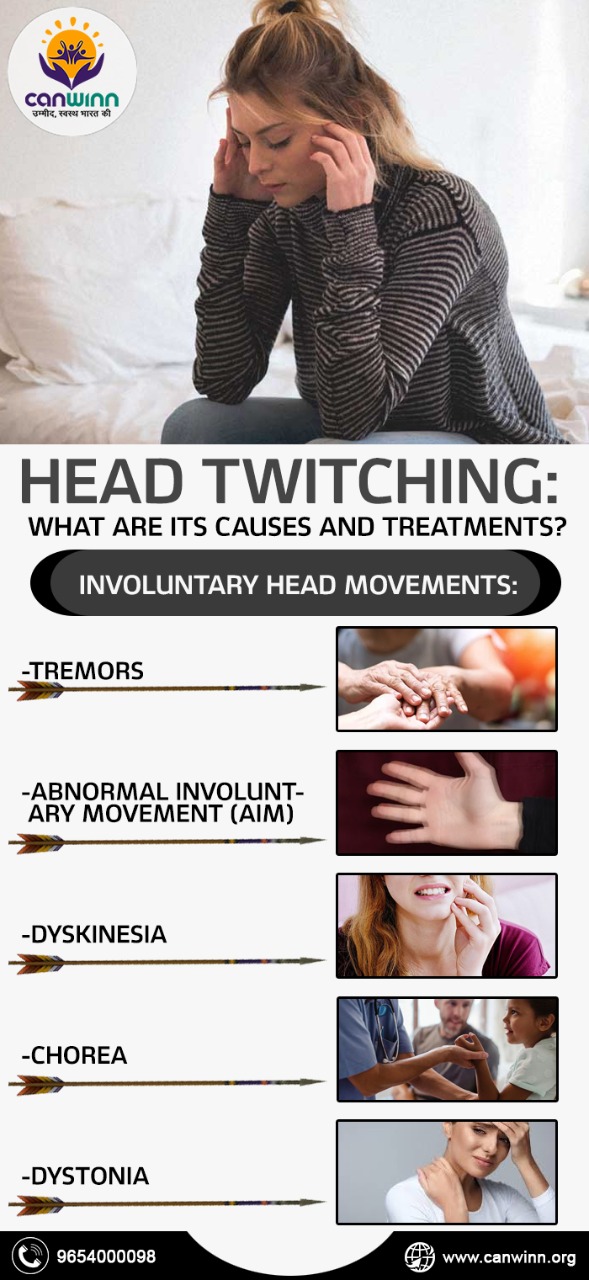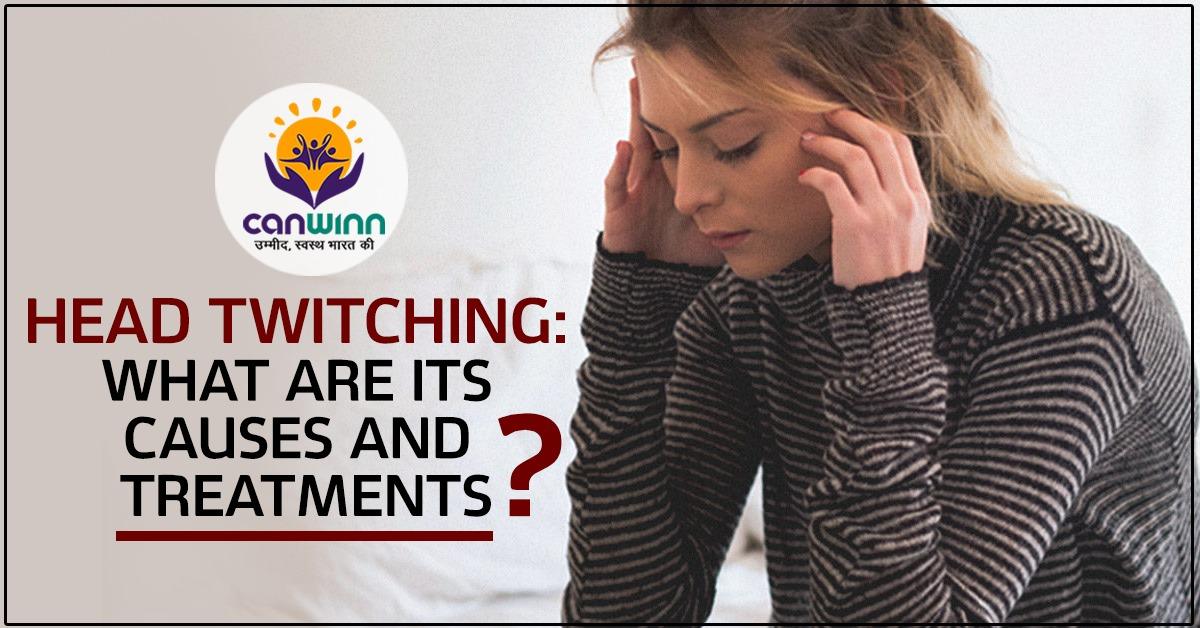In this article, we will discuss everything about Head Twitching. It is accompanied by involuntary head movements that are often referred to as:
- tremors
- abnormal involuntary movement (AIM)
- dyskinesia
- chorea
- dystonia
Involuntary movements are those movements that we don’t want neither we can control. Involuntary head twitching can be the result of various movements dysfunctioning.
What Are the Causes of Head Twitching?
There are several distinctive movement disorders are present that can cause Spontaneous head twitching. This might include neck spasms, Parkinson’s disease, etc.
Movement Dysfunctioning related to head, neck, and face include:
- Cervical dystonia: It involves spasms or spasmodic contractions of the neck muscles. This leads to neck turning in different ways.
- Essential tremor: This brain disorder induces trembling or shaking that gets worsen when you try basic movements.
- Huntington’s disease: This movement disorder is mostly inherited. Huntington’s disease is a progressive neurodegenerative that may cause unintended and uncontrolled movements as brain cells gradually break down.
- Multiple system atrophy: MSA causes movement disorders such as Parkinsonism. However, it is a rare progressive neurological disorder.
- Myoclonus: This condition occurs in a sudden muscle spasm. It creates very quick jerks of a single fiber or group of muscles.
- Parkinson’s disease: Unlike multiple system atrophy, Parkinson is a progressive neurodegenerative disorder.
- Tardive dyskinesia: When you use neuroleptic drugs for a long time, its side effects cause Tardive Dyskinesia. Neuroleptic drugs are used for psychiatric conditions.
- Tourette syndrome: This Tourette syndrome is a neurological condition associated with motor tics repetitive movements and vocal tics vocal sounds.
What Are the Treatments for Head Twitching?
Treatment for chorea
The options for treating chorea with neuroleptics are:
- haloperidol
- fluphenazine
- risperidone (Risperdal)
- clozapine
- quetiapine (Seroquel)
Treatment for Dystonia
Oftentimes, botox injections are used to treat dystonia in order to block communication between the nerve and muscle.
Treatment for Essential Tremors
The tremors can be treated with-
- primidone (Mysoline)
- propranolol
Treatment for Myoclonus:
- levetiracetam
- valproic acid
- clonazepam (Klonopin)
Treatment for Tardive Dyskinesia:
This condition is often treated with:
- Valentine (Ingrezza)
- Deutetrabenazine (Austedo)
Treatment for Tourette Syndrome:
Treatments for this condition include:
- haloperidol (Haldol)
- pimozide (Orap)
- methylphenidate (Ritalin)
- dextroamphetamine (Adderall)
- topiramate (Topamax)
- risperidone (Risperdal)
- aripiprazole (Abilify)
Surgery and Other Options
Head movement can be caused by several, maybe successful treatment with surgery and other conditions. The involuntary head movement caused by several conditions may be successfully treated with surgery, such as deep brain stimulation (DBS). In DBS, tiny electrodes are implanted in your brain.
Sometimes, surgery such as the selective removal of targeted nerves — anterior cervical rhizotomy or selective peripheral denervation — is recommended to treat unintended or uncontrolled head movements. Each condition is different, and so their treatments will be, too. Work with your doctor to find the right medications and lifestyle adjustments for you.
Head Twitching Anxiety
Commonly, anxiety can lead to stress, and thus, stress puts tension on muscles and nerves. This tension can interrupt your body signals. Perhaps, this interruption can cause certain muscles to react with involuntary movement. Anxiety-induced stress is responsible for stimulating adrenaline production that can cause certain muscles to move involuntarily.
In conclusion, anxiety can be the cause of involuntary muscle movement but also involuntary muscle movement can trigger anxiety. Moreover, uncontrolled muscle movements can trigger fear because they are linked with serious neurological conditions. As a result, this arisen fear can trigger the involuntary muscle movement.
Stay connected with Canwinn Foundation for more updates!



